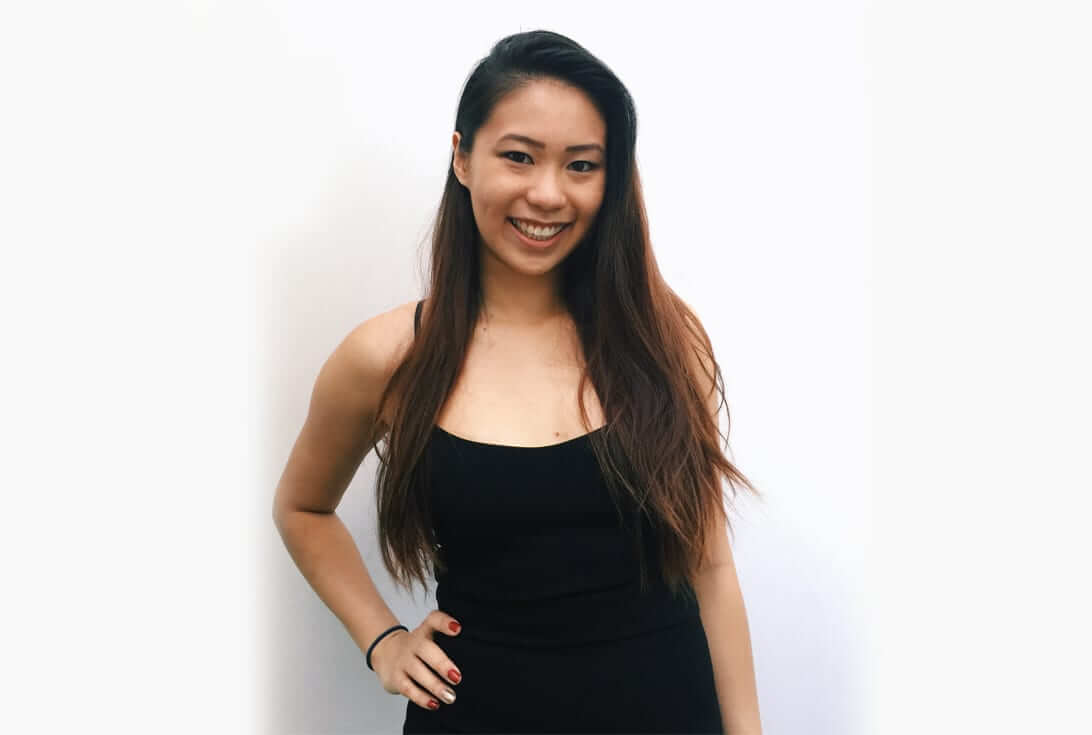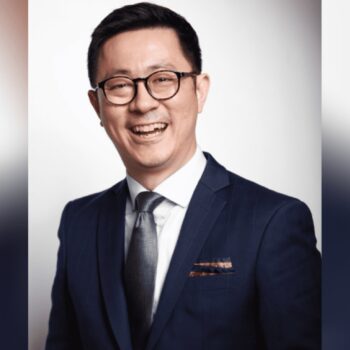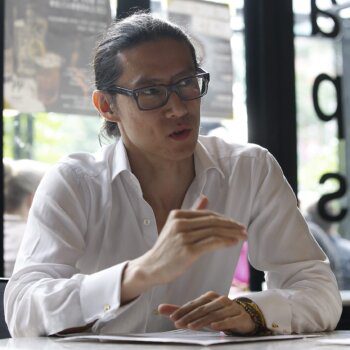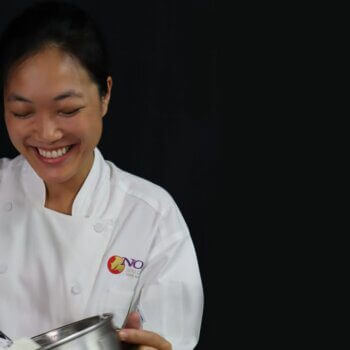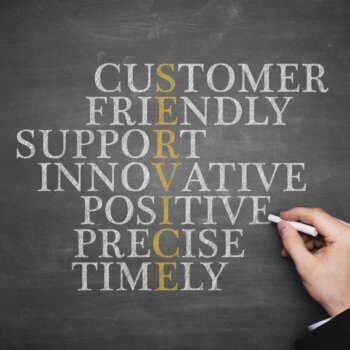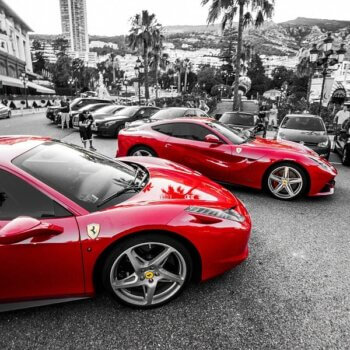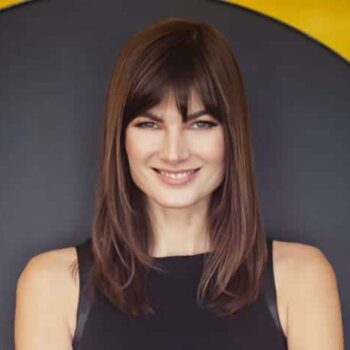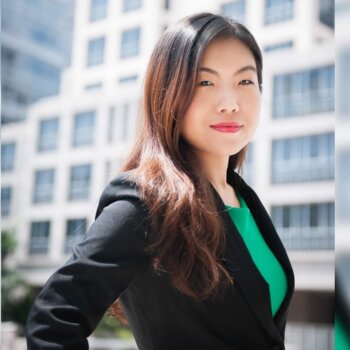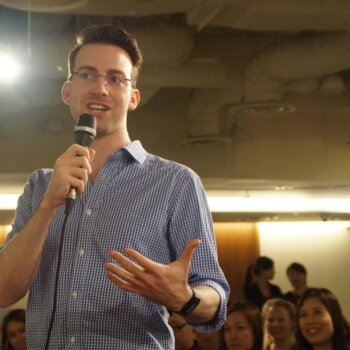Fresh out of Junior College and inspired by personal struggles with body-image, Robin started an awareness campaign which developed into a profitable start-up.
What’s your story?
In 2014, I co-founded Made Real at the age of 19. Inspired by personal struggles with body-image, Roslyn and I founded what was then known as Project Made Real to tackle the problem of unhealthy body image and destructive health habits among young girls. What started as an awareness campaign has developed into a profitable consumer brand. Today, Made Real is a modern-day snack brand that is built on the belief of balance and personalized nutrition.
In 2017, I joined the Slush Singapore team as Head of Startup Operations and had the opportunity to work with a huge network of really amazing individuals and exciting partners.
I will be graduating with a Degree in Business Management from Singapore Management University next year and I look forward to an exciting new chapter.
What excites you most about your industry?
After building a consumer product and brand, I realised the power that these businesses had in their hands to shape consumer behaviours. Especially with regards to consumption and the externalities of this consumption. With Made Real, we had designed our product in such a way that our customers would receive once a week, perfectly portion sized products that were produced fresh that very same week. We sourced for ingredients and produced locally in Singapore to ensure quality and reduce our food miles. We only used natural ingredients, with no additives or white sugar. We changed the way people viewed healthy eating and wholesome food, that it could be absolutely delicious, convenient and affordable.
However what we did not initially anticipate was the volume of packaging waste we were generating as a company. Counting the individual packaging for each product and the box in which we would ship the products, each customer would generate roughly 50g of cardboard & paper waste each week. For customers who have subscribed for a year, that was roughly 2.6kg of packaging waste just by consuming our products. We were indirectly placing this burden of the environmental impact of packaging waste onto the shoulders of our customers. When really, we as the business with the power to change this, should be internalising this negative externality.
In a roundabout way, what excites me about building consumer products and brands is the ability to shape the behaviours of the masses through product design. And of course, I hope to create positive changes, such as healthier eating, environmental and social sustainability through my products, without having customers pay a premium or forgo convenience.
What’s your connection to Asia?
I was born and bred in Singapore and attended local public schools through my entire academic life.

Favourite city in Asia for business and why?
I might be biased here but Singapore is a favourite. What I have not been able to find in other cities is the tightness and openness of the community of entrepreneurs here. I always tell newcomers that Singapore is hands down one of the easiest cities to build a network in because people are genuinely interested in helping you. We truly embody the spirit of paying it forward and understand the importance of a community and network.
What’s the best piece of advice you ever received?
Best piece of advice was actually from a guest lecturer in an entrepreneurship class I took in SMU (Singapore Management University), Peter Kellock of Muvee Technologies, paraphrasing his quote, “Entrepreneurs set out aiming for Mars. But often land in moderate success.”
Especially in the startup ecosystem, there is a very narrow definition of what success looks like. Its that series a/b/c funding with big-name investors, chasing that hockey stick growth. Anything short of that is considered a failure. This piece of advice helped me to reposition my perspectives and recognise the value of what we have built. We may not have raised huge amounts of money or seen that massive exponential growth, but we managed to build a financially sustainable SME and that in itself is pretty neat.
Who inspires you?
I’ve had the privilege to be surrounded by very inspiring female mentors in a generally male-dominated industry.
Anna Ratala for one has been a huge inspiration in my two years on the Slush team. She is one who truly embodies to the fullest extent the Finnish concept of Sisu which is defined as “ stoic determination, tenacity of purpose, grit, bravery, resilience, and hardiness”. Her energy is simply infectious.
Secondly, Tay Eu-Yen who is a lawyer turned lifestyle entrepreneur. She was behind the famed Butter Factory nightclub in Singapore and now is the co-founder of Coterie Concepts which owns and operates a group of restaurants and bars in Singapore. When I first met her I was just some random small-time entrepreneur/student who wanted to learn more about what it takes to set up a restaurant group. Yet she took the time to answer my questions and she has given me countless opportunities to learn.
What have you just learnt recently that blew you away?
I grew up in a very competitive environment (as did most Singaporeans) where I learned that there was only one way to be happy in life, and that is to be successful which was also defined very narrowly. Earlier this year I took some time off and moved to Paris for 9 months. Sure it was still a big city, perhaps it was just my specific environment but I felt like it was a complete opposite from what I knew in Singapore. Young Parisiennes I met were not comparing salaries, job titles or lifestyles, nobody was showing off. They were genuinely happy being themselves, doing whatever they wanted as long as they had enough to live a decent life. As insignificant as this might seem, their contentment really rubbed off on me and I realised that I could be happy without this relentless urge to prove myself to the world.
If you had your time again, what would you do differently?
Nothing, every mistake and heartache is what makes me who I am today. We started our entrepreneurship journey as 2 young, naive and idealistic students who knew nothing about starting a business. Starting with such a fresh outside perspective, zero experience and expectations also meant that we were not limited by any fears or biases. If I knew what I know today, I might not have started at all.
How do you unwind?
Cooking and hosting brunch/dinner parties. I am a total hedonist, the only thing I love more than eating good food is cooking it. My friends and I love hosting regular brunch or dinner parties where we all cook and invite different guests each time.
Favourite Asian destination for relaxation? Why?
Am I being too typical if I say Bali? But beyond the usual reasons, what I really love about Bali are the lifestyle brands that are shaped by and also shape the identity of this island.
Everyone in business should read this book:
The Power of Habit.
Shameless plug for your business:
Made Real is a modern-day snack brand that is built on the belief of balance and personalized nutrition. Our products are available online: www.madereal.sg and we also supply office pantries and event catering.


How can people connect with you?
Facebook: Robin Lim Fang Min
Email: [email protected]
—
This interview is part of the ‘Callum Connect’ series of more than 500 interviews

Callum Laing is an entrepreneur and investor based in Singapore. He has previously started, built and sold half a dozen businesses and is now a Partner at Unity-Group Private Equity and Co-Founder of The Marketing Group PLC. He is the author two best selling books ‘Progressive Partnerships’ and ‘Agglomerate’.
Connect with Callum here: twitter.com/laingcallum linkedin.com/in/callumlaing Download free copies of his books here: www.callumlaing.com
